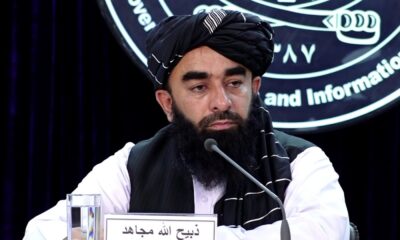Latest News
UN experts urge Australia to pay compensation to victims of war crimes in Afghanistan
The experts also urged other states who fought in Afghanistan to thoroughly review their own activities, especially any allegations of war crimes, with a view to ensuring criminal accountability and reparations.
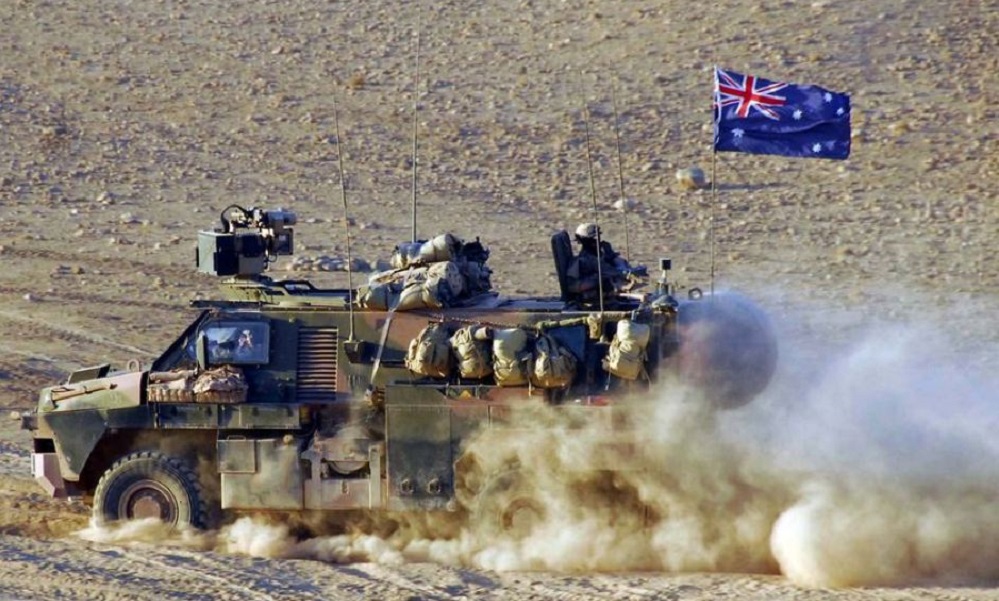
A group of UN experts on Wednesday called on Australia to immediately fulfil its commitment to compensate the families of 39 murdered victims of war crimes committed by the Australian military in Afghanistan.
In 2020, a military inquiry found that Australian soldiers killed 39 unarmed prisoners in Afghanistan, when deployed in the NATO-led mission. Some victims were tortured before being killed.
“Australia has a duty to compensate victims of summary executions and torture under international human rights law and international humanitarian law,” the experts said. “It is unconscionable that families of deceased victims such as Mr. Nazar Gul, Mr. Yaro Mama Faqir and Mr. Ali Jan, all murdered in 2012, have been left destitute in the harsh living conditions of rural Afghanistan for over a decade.” Gul had three wives and 17 children depending on him.
The experts acknowledged that the Australian government is making genuine, albeit slow, efforts to criminally investigate and prosecute the perpetrators and has pledged to compensate the victims.
“The inquiry established that compensation is owed to the victims and their families and as such, it is unacceptable that compensation has still not been paid almost four years since the Australian Government agreed to pay, and 12 years since some murders occurred,” they said.
In July 2024, Australia finally adopted regulations to enable compensation. However, Australia approaches compensation as a form of charity at the discretion of its military, not as a legal right of victims under international law.
“The scheme fails to provide an enforceable right to compensation, there are no clear and human rights-consistent criteria as to the grounds and amount of compensation, due process and judicial safeguards are inadequate, and there is no requirement to provide information to or consult with the victims,” the experts said.
In addition to compensation, international law requires Australia to provide measures of rehabilitation including medical and psychological care, legal assistance and educational or other support to the victims’ families, including their children, spouses, and other family members recognized under Afghan law. Full recovery and rehabilitation may also require acknowledgement of the truth, apologies, and public commemoration of the victims.
“Regrettably, Australia has not directly apologised to the victims and their families or informed them about its investigations, prosecutions or military reforms, and has not yet enabled their families to participate in Australian proceedings”, they said. “The Australian War Memorial even publicly recognizes one person found responsible for murders in a civil case as a war hero, ignoring and degrading the victims.”
The experts acknowledged the challenges of paying compensation given the political and security environment in Afghanistan and the lack of diplomatic relations with the Islamic Emirate. “However, there are feasible solutions available to facilitate compensation. We offer our assistance to that end,” they said.
The experts also urged other states who fought in Afghanistan to thoroughly review their own activities, especially any allegations of war crimes, with a view to ensuring criminal accountability and reparations.
Related stories:
Australia announces compensation plan for Afghan war crime victims
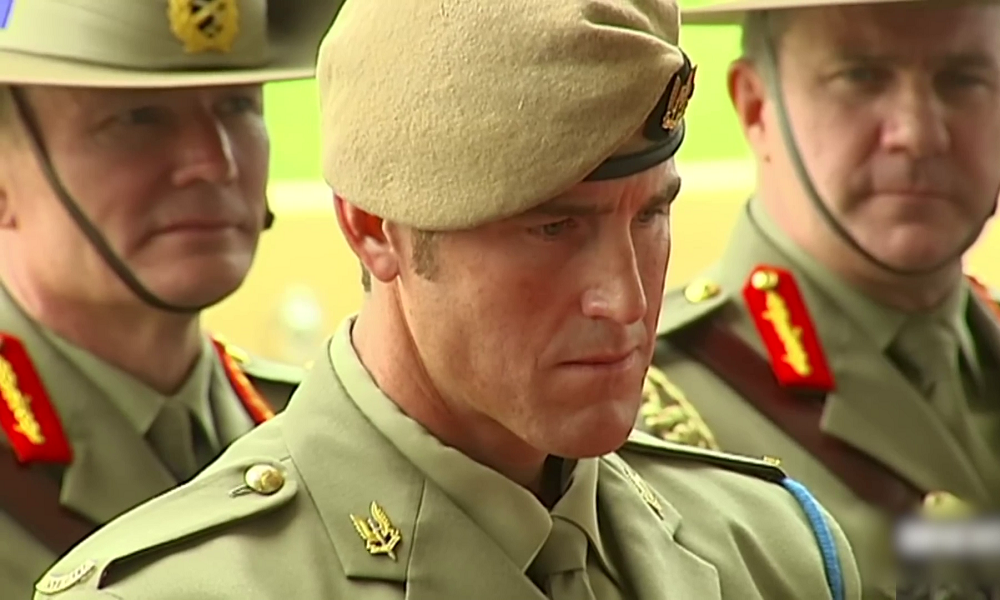
Australian who blew whistle on alleged war crimes in Afghanistan pleads guilty
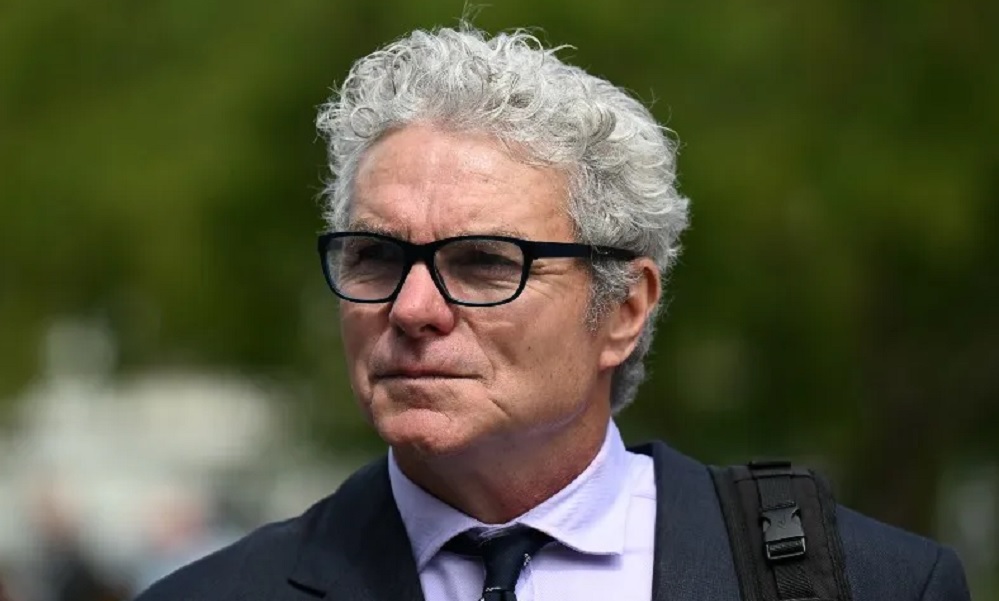
Latest News
U.S. House approves bill on evacuation of Afghan allies

The U.S. House Of Representatives has passed a legislation on evacuation of Afghans who assisted Americans during the 20-year war in Afghanistan.
“The passage of the CARE Authorization Act of 2024 further underscores the commitment made by the U.S. government to safeguard those who served shoulder-to-shoulder with our personnel during the twenty-year mission in Afghanistan,” Congresswoman Dina Titus said in a statement.
“The State Department has made it clear: There is no deadline for the crucial job of protecting Afghan allies. By authorizing the Coordinator for Afghan Relocation Efforts at the State Department, we can more effectively relocate and resettle those who have qualified to immigrate to the U.S. as a result of their service to this country.”
In 2022 the State Department established a specialized office called the Coordinator for Afghan Relocation Efforts (CARE) to streamline and coordinate the ongoing relocation and resettlement process for eligible Afghans from Afghanistan and Pakistan to the United States.
The CARE Authorization Act of 2024 will formally authorize the CARE office at the State Department for three years and grant important authorities to advance its mission. These include an extension of authorities to enter into personal services contracts as well as measures to streamline the transfer of funds to and from other agencies involved in the Afghan relocation mission.
Latest News
Mujahid says IEA stands with media outlets
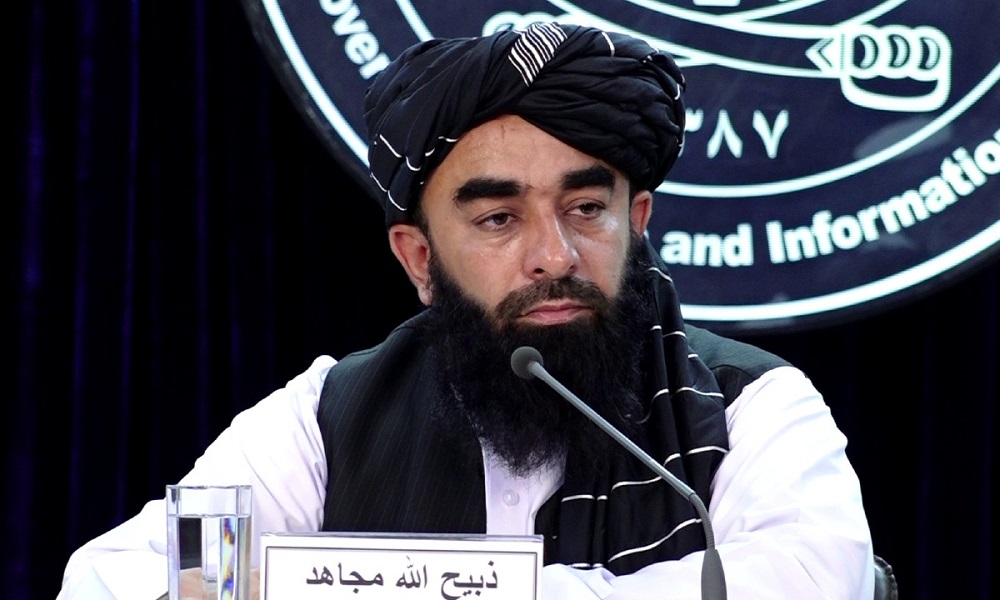
The Islamic Emirate’s spokesman Zabihullah Mujahid says the acting government is committed to supporting media outlets and they can operate within the framework of Islamic Sharia and national interests.
Marking World Television Day on Thursday, November 21, Mujahid said: “The Islamic Emirate of Afghanistan supports the media in general. Media can operate within the framework of Islamic Sharia and national interests.”
“As far as we are able, we cooperate with the media and the Afghan media currently have publications and they are broadcasting their publications well,” he added.
The United Nations General Assembly named November 21 as World Television Day in 1996.
“Since IEA’s takeover, of 184 national and local televisions, 57 television stations were shut down due to economic problems,” said Hojatullah Mujadadi, the head of Afghanistan Free Journalists' Association (AFJU).
Currently, about 370 visual, audio and print media are active in the country.
Latest News
Baradar says water crisis has negatively impacted relations between nations
Baradar expressed regret that although Afghanistan has vast water resources, effective and professional management has not been carried out in this area.

Deputy Prime Minister for Economic Affairs, Mullah Abdul Ghani Baradar, said on Thursday that the ongoing water crisis in the country has not only made neighboring countries face the problem of water scarcity, but it has also had a negative impact on political and economic relations between Afghanistan and these countries.
Speaking at a seminar held by the Ministry of Energy and Water, Baradar said that although water is a renewable natural resource, the shortage of water due to climate change, the increase in the level of water pollution, the growing demand of the people and its excessive consumption affects the country.
He expressed regret that although Afghanistan has vast water resources, effective and professional management has not been carried out in this area.
“It is now the responsibility of the Islamic Emirate of Afghanistan to fulfill its national duty for the optimal management of the country’s water resource,” Baradar said.
“With firm determination, we aim to use all available means to ensure sustainable development in water management.”
Last month, the United Nations Children's Fund (UNICEF) also warned that Afghanistan is experiencing a severe water crisis, and if no action is taken, Kabul’s underground water resources could be depleted by 2030.
In a message on X, UNICEF reported that Roza Otunbayeva, head of the United Nations Assistance Mission in Afghanistan (UNAMA), and Tajudeen Oyewale, head of UNICEF Afghanistan, visited a Kabul district to assess the city's water supply network.
Both officials expressed concern over the worsening water shortage problem in the capital.
"Water is life," UNICEF stated, emphasizing that rapid urbanization and climate change are accelerating the depletion of groundwater in Kabul.
“If we don't act now, we cannot stop this process."
The rapid population growth, unplanned construction of high-rise buildings, urban development without proper planning, and the excessive use of underground water resources are major factors contributing to the decline in both the quantity and quality of groundwater in Kabul.
Although Kabul has faced water shortages for years, the crisis has become more severe in recent times.
However, the Islamic Emirate is making concerted efforts to resolve the problem and thwart the crisis.
Three weeks ago, the office of the Deputy Prime Minister for Economic Affairs, said in a statement that plans to construct a total of 355 water reservoirs across the country were being implemented.
According to the statement, of the 355 dams, a number of them have already been completed and inaugurated while others are under construction.
Of these reservoirs, 138 are being constructed by the Ministry of Agriculture, Irrigation, and Livestock; 117 by the Ministry of Water and Energy; and 100 by the Ministry of Rural Rehabilitation and Development.
All of these dams are being funded by the Islamic Emirate of Afghanistan, the statement read.
The reservoirs are being constructed in numerous provinces to manage rainwater, prevent flooding, strengthen groundwater levels and for use by communities.
Iran’s water share
Late last year, Iranian Energy Minister Ali Akbar Mehrabian warned that if Afghanistan does not ensure Tehran receives its rightful amount of water from Helmand River, Iran will use legal and international means to resolve the problem.
Mehrabian stressed that Helmand River water is Iran's indisputable right, and that Iran takes the matter seriously.
“Water right is Iran's right and it is necessary to release it. Ensuring water rights is not optional, but it is mandatory based on the international treaty of 1351. Pursuing this matter is Iran's absolute right and we will not fail in this regard. The recent rains should cause the release of our water, and if not, we will take serious action based on international laws,” stressed Mehrabian.
At the time, the Islamic Emirate said it was committed to providing Iran with water from the Helmand River but due to drought, there is not enough water in the river to give Iran its share.
The Helmand River Water Treaty was signed between Afghanistan and Iran in 1973, according to which Iran has the right to receive 850 million cubic meters of water from Afghanistan annually.
-

 Sport5 days ago
Sport5 days agoFIFA unveils Innovative Club World Cup Trophy ahead of new tournament in 2025
-
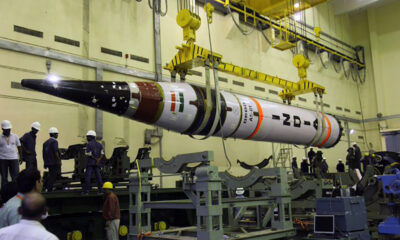
 Regional5 days ago
Regional5 days agoIndia’s successful test of hypersonic missile puts it among elite group
-
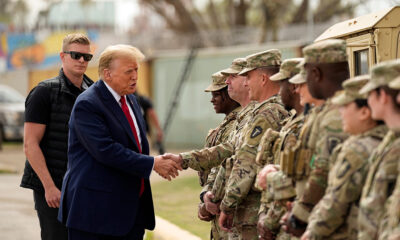
 Latest News5 days ago
Latest News5 days agoTrump team compiling list of military officers responsible for US withdrawal from Afghanistan
-

 Latest News5 days ago
Latest News5 days agoCanada sent 19 failed asylum seekers back to Afghanistan last year
-

 Sport4 days ago
Sport4 days agoAbu Dhabi’s thrilling T10 tournament just days away
-

 World4 days ago
World4 days agoBiden allows Ukraine to use US arms to strike inside Russia
-

 Sport4 days ago
Sport4 days agoAfghanistan beat UAE by 169 runs in U19 tri-series
-

 Business5 days ago
Business5 days agoMullah Baradar inaugurates a blanket factory in Kabul






